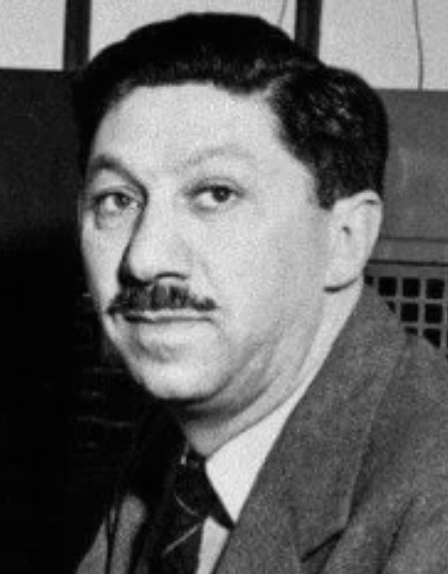On this date in 1908, Abraham Harold Maslow was born, the first of seven children, to immigrant Russian Jewish parents in New York City. In 1928 he married his first cousin, Bertha Goodman. They had two daughters, Ann and Ellen. He received his B.A. in 1930 from City College of New York and his M.A. and Ph.D. in psychology from the University of Wisconsin-Madison. Maslow taught full-time at Brooklyn College and then at Brandeis, where he was named chair of psychology in 1951.
Maslow, a humanist-based psychologist, is known for proposing in 1943 the “hierarchy of needs” to be met so an individual can achieve “self-actualization.” In analyzing achievers, Maslow found they were reality-centered. Among his many books was Religion, Values and Peak-Experiences, which is not a freethought treatise, but which did not limit “peak experiences” to the religious or necessarily ascribe such phenomena to supernaturalism. In the book’s introduction, Maslow warned that mystics may become “not only selfish but also evil,” in single-mindedly pursuing personal salvation, often at the expense of others.
He’s also known for Maslow’s hammer, popularly phrased as “If all you have is a hammer, everything looks like a nail,” from his book The Psychology of Science: A Reconnaissance (1966). He was named Humanist of the Year by the American Humanist Association in 1967. He died at 62 of a heart attack while jogging in Menlo Park, Calif. (D. 1970)


